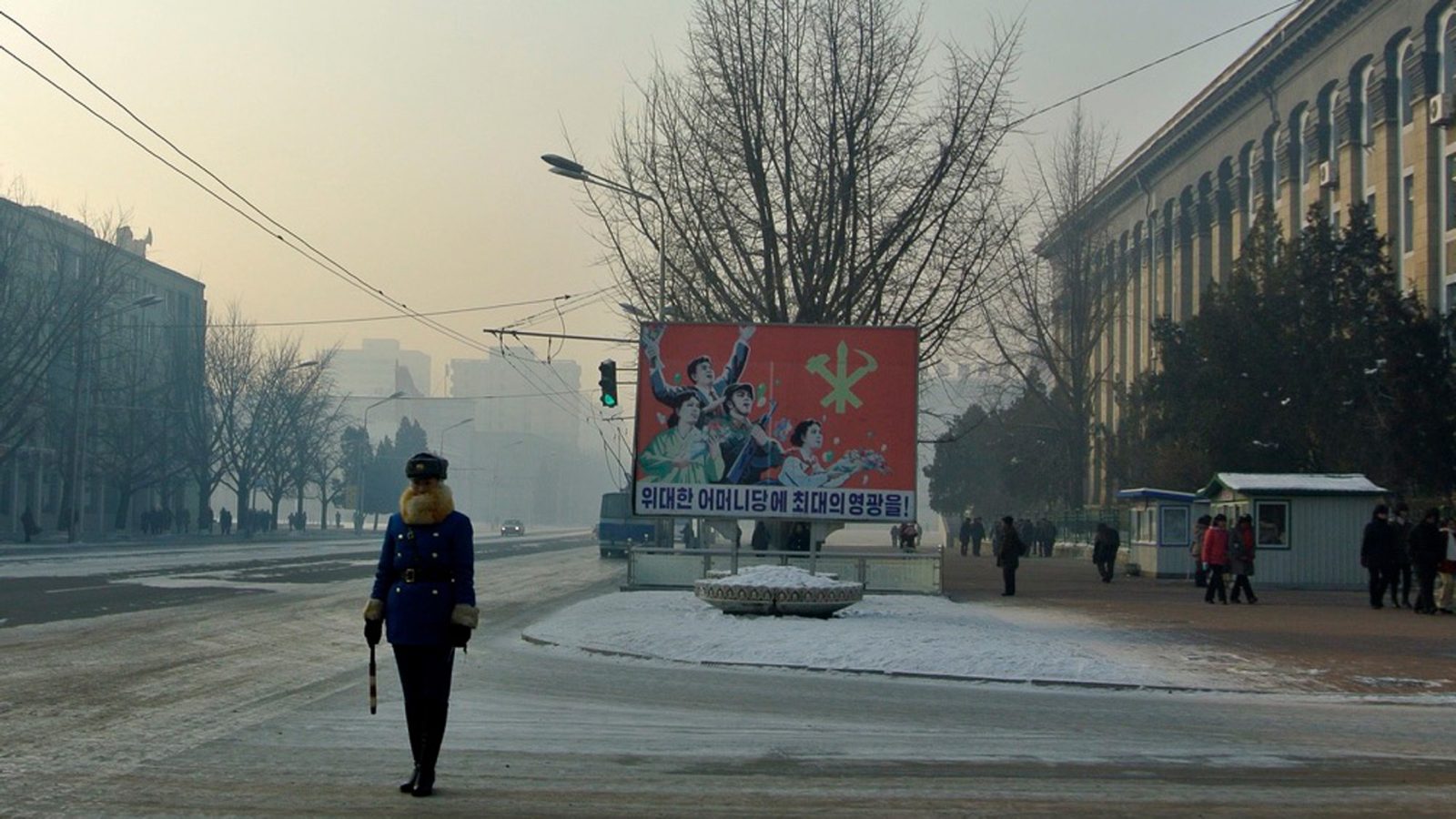What I missed when I went to North Korea

🌈 Abstract
The article provides an in-depth look at the author's experience visiting North Korea in 2013 and the insights they have gained about the country since then. It explores the complexities and misconceptions surrounding North Korea, including its strategic use of "weirdness", the rapid digitalization under Kim Jong Un, the entrepreneurial spirit of the North Korean people, and the country's level of openness to the outside world.
🙋 Q&A
[01] The author's experience visiting North Korea
1. What was the author's initial reaction to the trip report they wrote after visiting North Korea in 2013?
- The author found the sudden viral popularity of the trip report overwhelming, so they hid the site and left it alone.
2. How did the author's understanding of North Korea change after the trip?
- The author had the conventional Western view of North Korea at the time, but the trip gave them a better grasp on the human complexity that can exist within a "closed" system.
- The author developed an enduring fascination for North Korea and an unexpected protective reflex when hearing the word "brainwashed".
3. How did the trip to North Korea lead to the creation of Rest of World?
- The trip fed the author's hunger to reconcile how digital technology could thrive in countries where, according to the prevailing belief at the time, it should be challenging or upending illiberal structures.
[02] Myths and realities about North Korea
1. What is one of the biggest myths about the North Korean regime, according to Sung-Yoon Lee?
- The myth that the regime is unknowable. Lee has observed recurring patterns in North Korea's behavior, such as their ability to alternate between bombastic threats and polite retreats to extract concessions.
2. How has North Korea "weaponized its weirdness", according to Lee?
- The silly origin myths, over-the-top insults, parades, and long standing ovations keep other governments off balance and force them to react to the regime's mercurial demands.
3. What is the role of Kim Yo Jong, the younger sister of Kim Jong Un, according to Lee?
- Lee considers her the most dangerous woman in the world, as she is the "brains behind the family operation" and has risen to even higher duties after running the propaganda department for years.
[03] North Korea's digital transformation
1. How has North Korean consumer technology improved since the author's 2013 visit, according to Jieun Baek?
- North Korean smartphones and tablets have become more advanced, with a thriving app market for games, e-books, and beauty apps, though access to the real internet is still restricted.
2. What are some examples of North Korea's early adoption of technology, as outlined by 38 North's Martyn Williams and Natalia Slavney?
- Mobile phones were first available in North Korea in 2002, and there was an ill-fated mobile money experiment where North Koreans converted mobile phone minutes into a backup currency.
3. How does the increased access to digital technology in North Korea come with increased surveillance and control, according to Baek?
- The elite's access to digital technology is accompanied by a commensurate increase in surveillance and control by the government.
[04] The entrepreneurial spirit and openness of North Koreans
1. What insights did Geoffrey K. See share about the entrepreneurial culture in North Korea?
- There is a lot of opportunism within the structures of power, and North Koreans are forced to find ways to make a living through day jobs and side hustles, even if it's risky.
2. How does See view the potential for economic opening in North Korea, drawing a comparison to Vietnam?
- Building a shared economic vocabulary can empower North Koreans with the language to connect to the outside world, similar to the gradual economic opening seen in Vietnam.
3. What examples did the article provide of North Koreans being allowed to travel abroad and engage with the outside world?
- Thousands of North Korean students, business owners, professors, and officials have participated in Choson Exchange programs, both in and outside of North Korea, to learn about economic policy, technology, and entrepreneurship.
[05] Prospects for the future of North Korea
1. What are some of the key concerns about North Korea's future, according to the experts interviewed?
- A control system that only gets stronger, a growing nuclear stockpile, and the continued antagonistic path set by the Kim family dynasty.
2. How do the experts view the potential for hope and change in North Korea?
- Access to information technology, even if constrained, is seen as a slim net positive, as it has enabled the development of horizontal social networks and business/gray market activity that was previously unthinkable.
3. What example did the article provide of the resilience and adaptability of North Koreans?
- North Koreans have a saying that captures their well-honed self-preservation skills: "We have three shoulders" when assessing danger, compared to the author's tendency to just look over one shoulder.